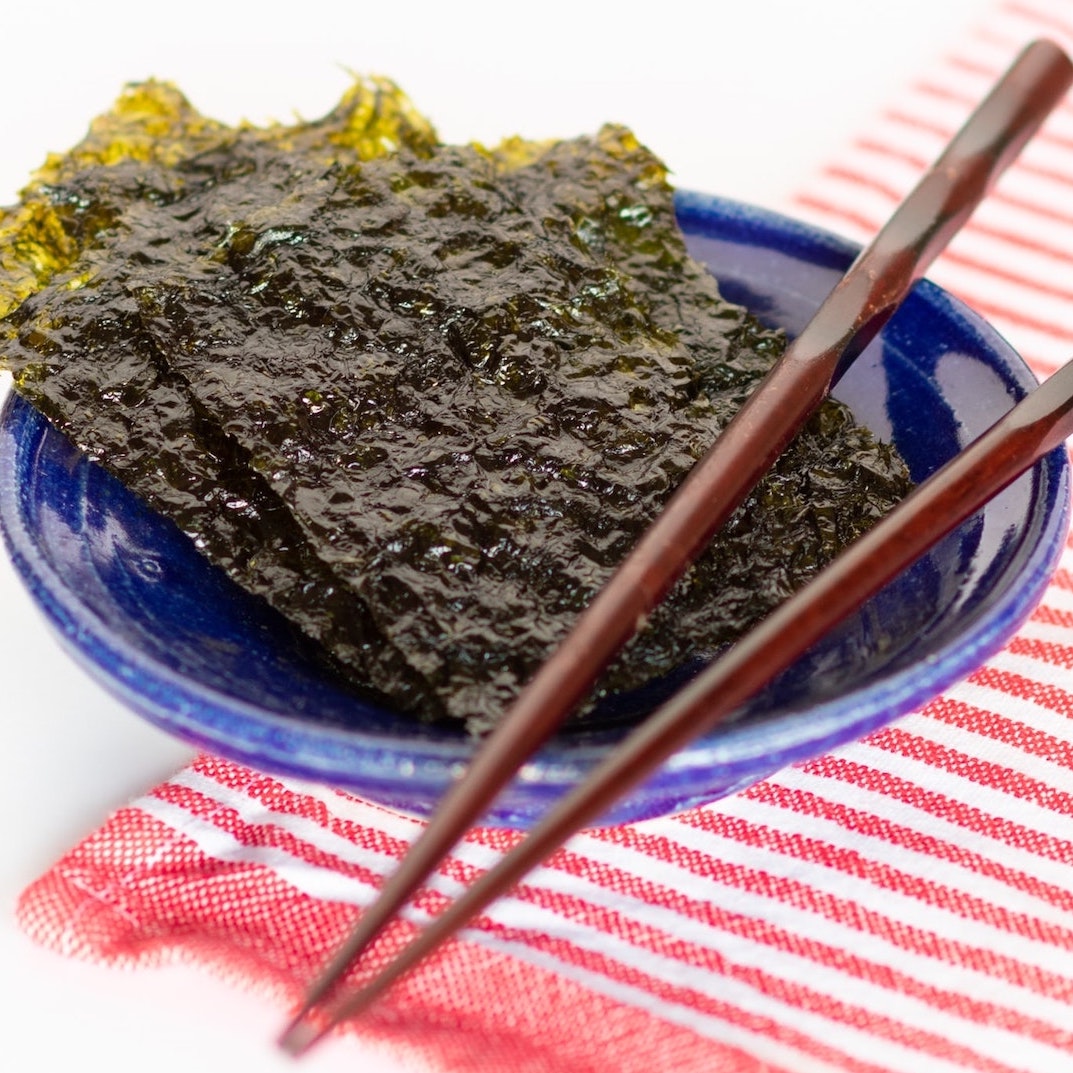Seaweed provides many benefits for your health and wellbeing, but it’s important to find the best way to eat seaweed in order to get the most out of it
Anyone who is a regular reader of our blog knows how much we believe in the healthy goodness of seaweed. And this isn’t based on blind faith. On the contrary, there’s a growing body of evidence highlighting the benefits of introducing seaweed into your diet, leading to nutritional powerhouses like Food Matters listing it as one of their top superfoods.[1]
Many people have been making a conscious effort to include seaweed in their meals – with seaweed being named the superfood of 2021 earlier this year[2]. But it is understandable that, for others, finding ways to incorporate seaweed into the diet can feel like a difficult challenge – particularly amongst those who lack culinary confidence.
That’s why utilising seaweed supplements can offer a convenient and effective way to enjoy the health benefits of seaweed on a daily basis.
The health benefits of seaweed
So why include seaweed in your diet in the first place?
One of the main reasons behind the rise in seaweed’s popularity is the growing awareness of just how beneficial this humble marine plant can be for thyroid health. Iodine deficiency continues to be a major health concern in the UK,[3] leading to serious health symptoms like swelling, weight gain, fatigue, hair loss, memory issues and changes in heart rate.[4] As the only viable vegan source of iodine, seaweed is a key component in the fight against iodine deficiency, especially as growing numbers of us are choosing to follow a plant-based diet.[5]
As well as providing you with vital iodine, seaweed is also a key source of other vitamins and minerals, including vitamins A, C, E, K and B12, not to mention omega-3 fats.[6] The fact that seaweed is also a source of fibre allows it to promote gut health, support your metabolism and aid weight management efforts.[7]
What is the best way to consume seaweed?

Because of its reputation as a superfood, seaweed is becoming increasingly common in meals. Seaweed species like Nori, Kombu and Wakame are making their way into daily eating habits and mealtimes, with some seaweed even being used as a salt replacement in many instances.[8]
Yet it is understandable that building daily meals around these ingredients can be tricky, which is why seaweed capsules can provide a quick and easy alternative – enabling you to achieve your RDA of iodine in a single swallow. In fact, just one 500mg capsule of Doctor Seaweed’s Weed & Wonderful® organic seaweed contains as much iodine as a portion of haddock.
Taking seaweed as a supplement rather than eating it as a raw ingredient is both straightforward and convenient, but the benefits go much deeper than this. Seaweed supplements allow for slower release and more targeted benefits, helping you get the most out of your seaweed intake.
As well as providing you with all the iodine you need for the day, one 500mg capsule of our organic seaweed also contains as much iron as 30g of spinach, as much calcium as 15ml of milk, and as much potassium as 8g of banana. These supplements are wholly natural, organic and vegan, with seaweed sustainably wild harvested from the pristine waters of the Scottish Outer Hebrides.
It’s no wonder that more and more of us are choosing supplements as a convenient way to boost our health. Data shows that as many as 59% of UK adults take vitamins or supplements, and more than a third (34%) take a supplement every day.[9] Seaweed supplements offer a simple way to boost your health with all the benefits of this mighty marine plant.

